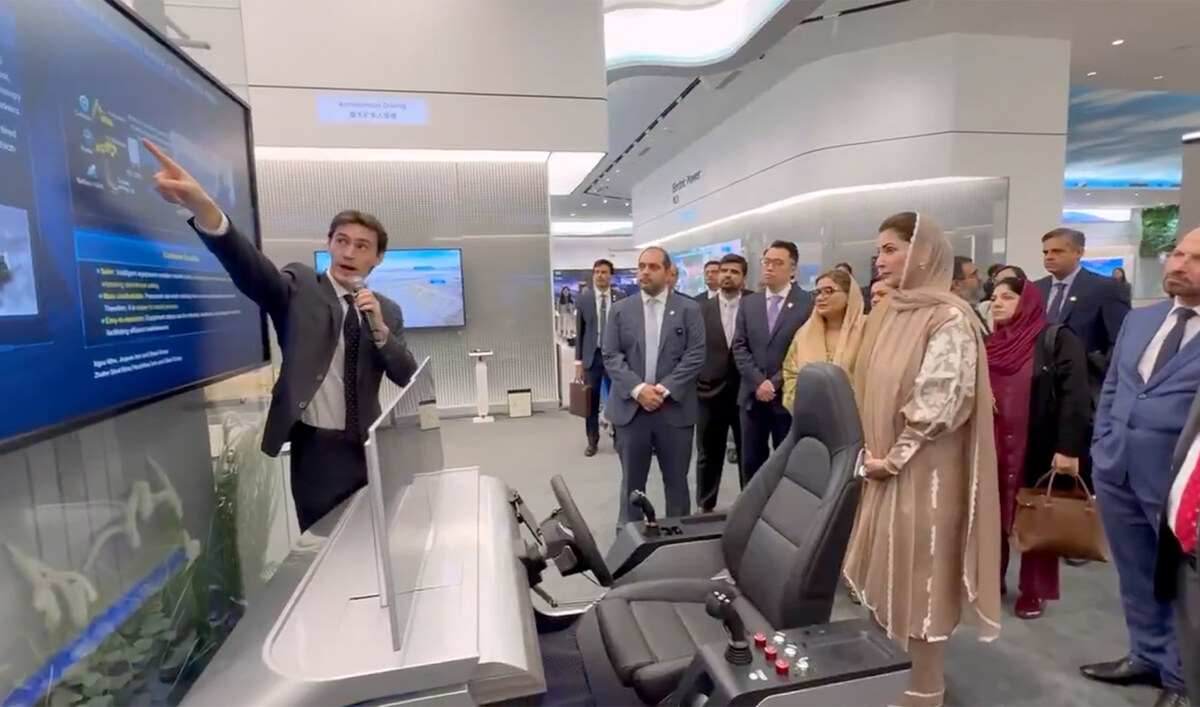KARACHI: A man killed four female members of his family which included his mother, sister, sister-in-law and niece in the southern port city of Karachi this week, police confirmed on Sunday, adding that the crime had been committed for so-called honor.
According to the copy of a police report seen by Arab News, Muhammad Farooq said he was shocked to find the bodies of his wife, Shamshad Farooq, 60, 21-year-old daughter, Madiha Farooq, 20-year-old daughter-in-law, Ayesha Sameer, 20, and 12-year-old granddaughter Alina Razzaq dead inside his flat in Karachi’s Lea Market area on Friday night.
Police said they questioned the men of the family, who were not at home when the killings were committed. Farooq had ruled out any suspects, saying his family did not have enmity with anyone.
Inspector-General Karachi South Asad Raza told Arab News police interrogated Muhammad Bilal, Farooq’s 25-year-old son, on Saturday after they found a laceration on his hand.
“He later admitted that he killed all the ladies on the pretext of honor,” Raza said. “The killer is a minibus driver by profession, a divorcee and recently returned from Saudi Arabia after performing Umrah.”
According to the Pakistani newspaper Dawn, police said Bilal confessed to killing his family members due to rage over their TikTok videos, which he claimed spread “immodesty and shamelessness.”
The police official confirmed they were registering a case against Bilal for the murders.
Many people in conservative Pakistan follow a strict code of “honor,” with women beholden to their male relatives over choices around education, employment and who they can marry.
Hundreds of women are killed by men in Pakistan every year for allegedly breaching this code. According to the Human Rights Commission of Pakistan, 316 “honor” crimes against women were recorded in the country in 2022.
But many cases go unreported, as families tend to protect the murderers — often male relatives.
According to a 2020 report by the Aurat Foundation, over 11,000 cases of violence against women were reported across Pakistan in 2020. The most common forms of violence were domestic violence (4,775 cases), rape and gang rape (2,297 cases), and murder (1,033 cases).
Karachi man kills four female family members, including mother, for ‘honor’ — police
https://arab.news/6hs93
Karachi man kills four female family members, including mother, for ‘honor’ — police

- The four women were found dead with their throats slit in separate rooms in a Karachi apartment on Friday night, says police official
- Many in Pakistan follow strict code of “honor” in which women are beholden to male relatives on choices of education, marriage

















